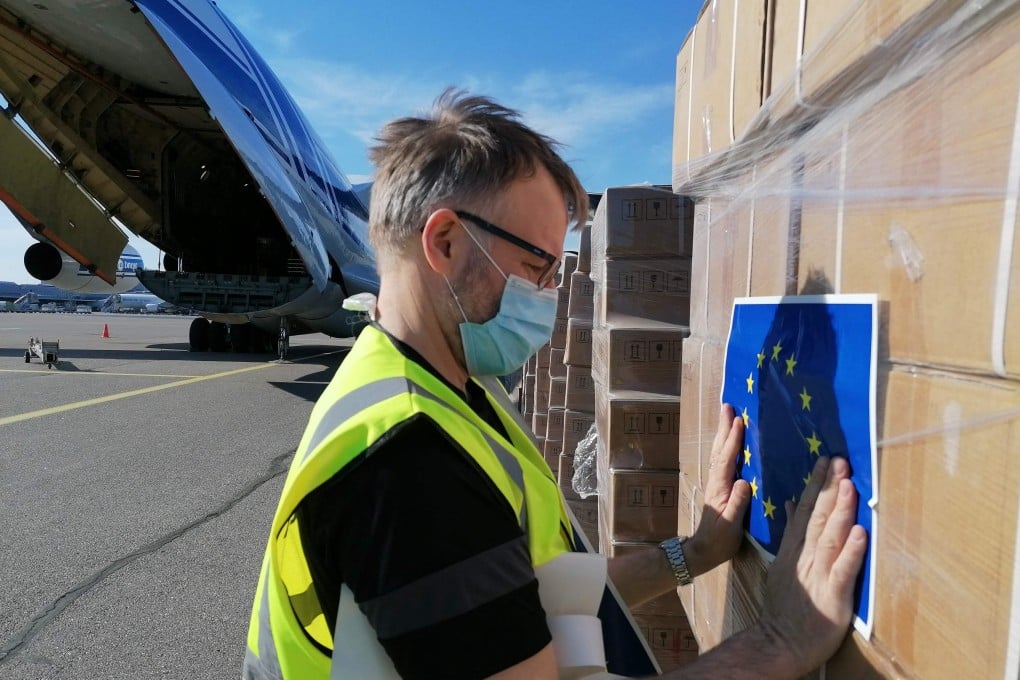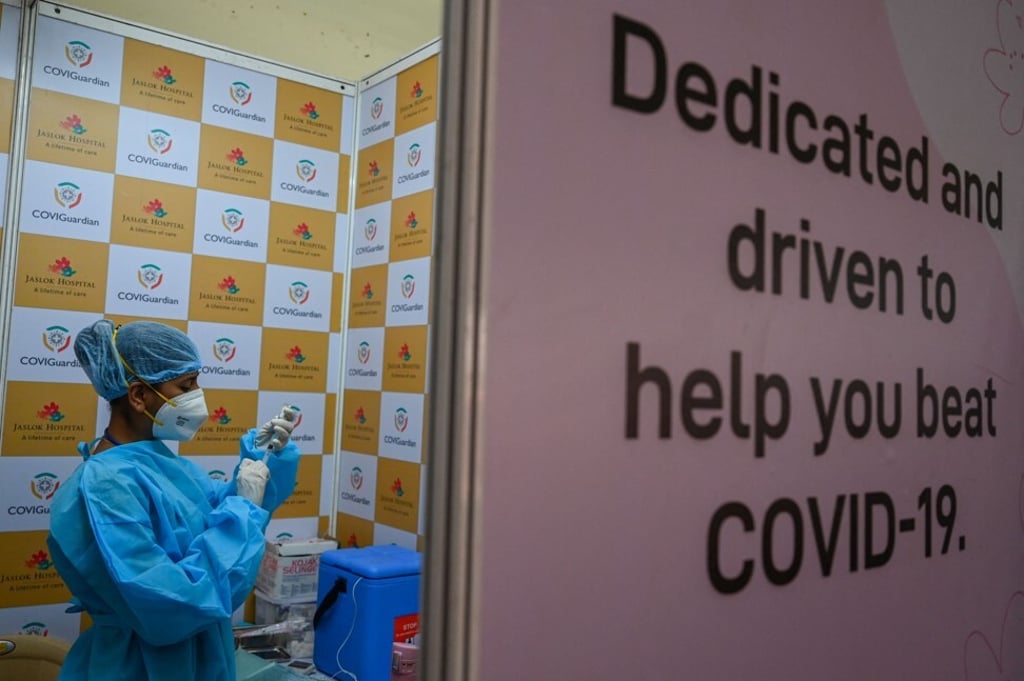Advertisement
India’s coronavirus second wave a test of Quad commitment
- The security grouping has deepened ties over the past year, and recently pledged cooperation to advance vaccine production and delivery
- While the US, Japan and Australia have all stepped up to help India in its hour of need, non-Quad relationships remain important too
Reading Time:3 minutes
Why you can trust SCMP
3

The coronavirus pandemic has laid bare the challenges faced by the health systems of many countries as they respond to this once-in-a-century event. India, for one, has been struck by a deadly second wave and countries across the world have come to its aid.
Of special interest has been the help received from the other Quad countries. The Quad – or the Quadrilateral Security Dialogue grouping which comprises India, Australia, Japan and the United States – has seen tremendous progress in recent times, with the foreign ministers of the Quad countries meeting in Tokyo last year and their top leaders meeting virtually in March.
In response to India’s second wave, Japan has provided 300 oxygen concentrators and 300 ventilators, and will provide grant assistance of up to US$50 million (about 5.5 billion yen).
The US has committed supplies worth more than US$100 million. As of writing, it had delivered nearly 20,000 courses of remdesivir (125,000 vials), nearly 1,500 oxygen cylinders, almost 550 mobile oxygen concentrators, and one million rapid diagnostic tests, among other supplies.
Earlier this year, there was a lot of brouhaha in the Indian media over US reluctance to supply the raw materials for vaccines to be produced in India, though the Biden administration has now reversed its stance.


Advertisement
